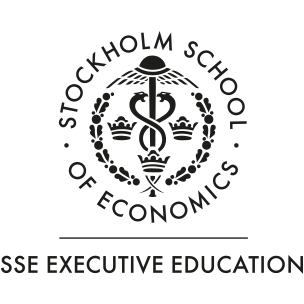
Is HR the next trend?
As the trend pendulum swings, different aspects of organization and leadership take centre stage. In the 1990s it was the economists, the 2000s belonged to the IT guys, and the 2010s have been all about communication. Now guest writer Kjell Lindström asks: Is HR the next organizational megatrend?
There are plenty of signs that the human side of organizational life is increasingly coming to the fore. Mental ill-health is through the roof, stress and burn-out are commonplace, people have stopped laughing at work and are afraid of voicing their opinions. Then there are the middle managers collapsing under the weight of administration, reports and difficult meetings.
And to top it all, the organizational landscape is changing at a rapid pace – from huge hierarchical behemoths to agile, flexible, small-scale solutions where relationships, collaboration and networks take on enormous importance.
This development is not entirely unexpected. In his thesis “Organizations that follow fashion”, Martin Rogberg showed that the pendulum swings in 25-year cycles between “hard” and “soft” issues. So, according to his research, it is high time the focus of the past few decades on control, systems and certifications shifted instead onto issues such as motivation, innovation and job satisfaction.
And who are (going to be) the specialists who guide us towards the smart solutions in all this? The people in HR, of course. Your time has come. Best roll up your sleeves, because you are EXACTLY what the organizations of today and tomorrow are going to need.
The status of HR has rather faded since the glory days of the 1970s, when legislation on workers’ rights and wage negotiations were top notch. Economists and communicators have seized control of the strategy debate and in many organizations HR has been relegated from management teams and decision-making bodies.
But if we are reading the runes correctly, it is time to escalate the “soft” issues to the highest strategic level, and perhaps bring HR back onto the management teams again.
We’ll be following developments with interest.
This article is a trendspotting piece from guest writer Kjell Lindström – author and lecturer on SSE Executive Education’s Executive Leadership Program and Executive Management Program. Kjell has a passion for HR and organizational theory. And for trendspotting.
Kjell Lindström has a background as a lecturer and researcher at Uppsala University. He is editor of the trendspotting newsletter “noden trender” and is the author of books such as “Bortom tankefällan” (2013), “Äkta organisation”(2014) and “Den nakna ledningsgruppen” (2016).
In 2013, Kjell was awarded the Magnus Söderström Prize by Linnaeus University and the Union for Professionals for his contribution to Swedish HR.


